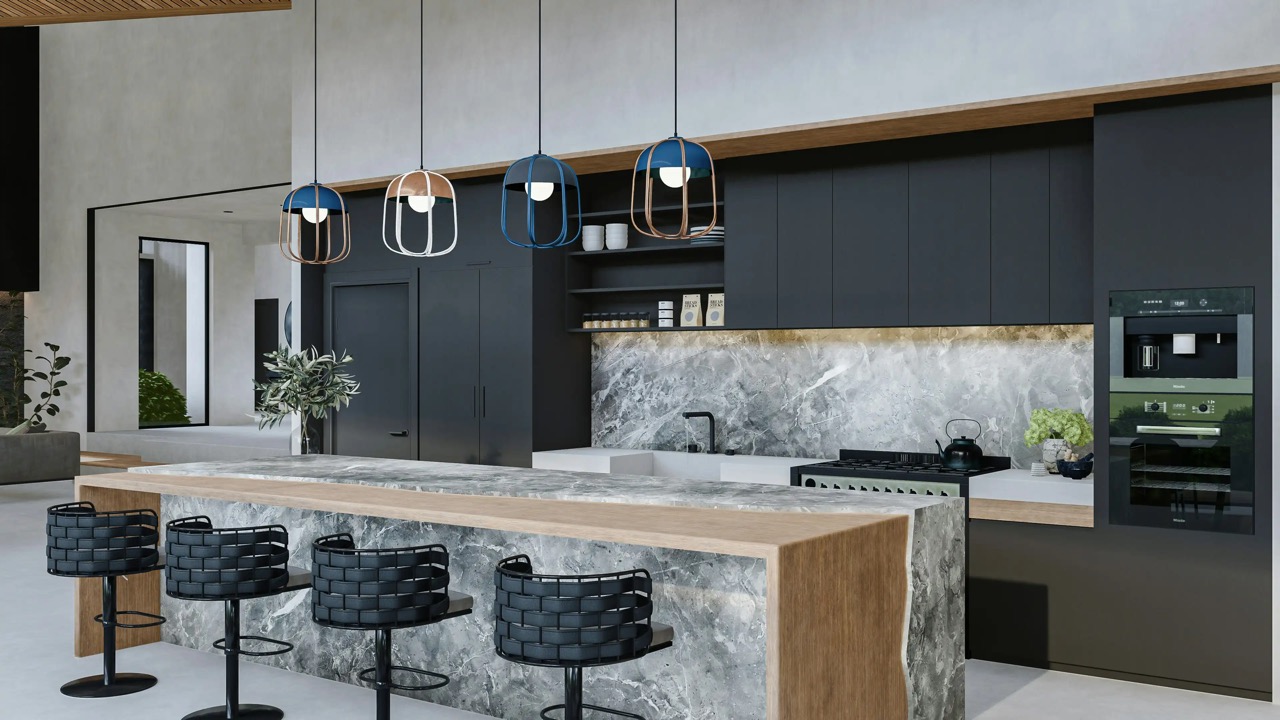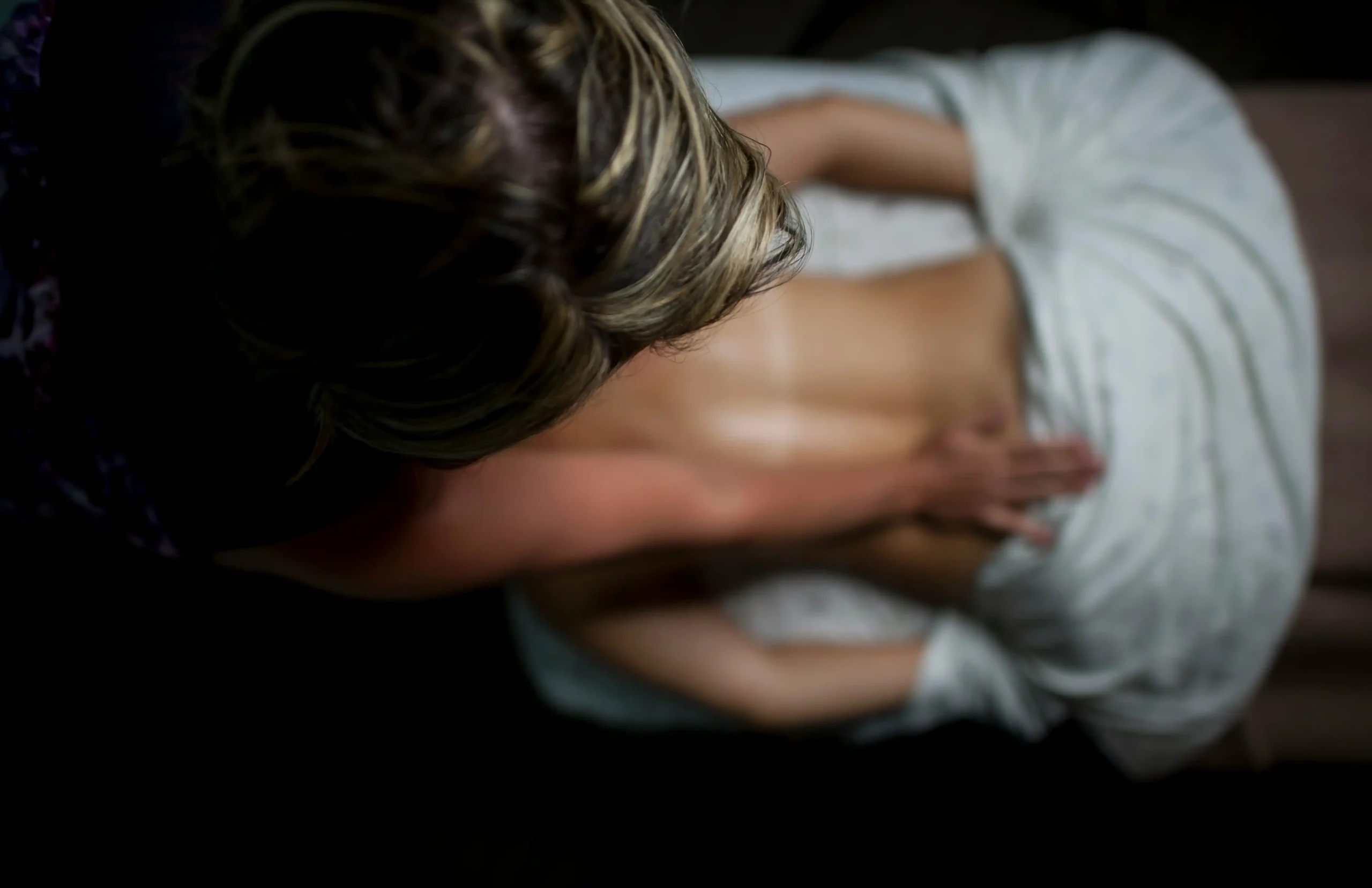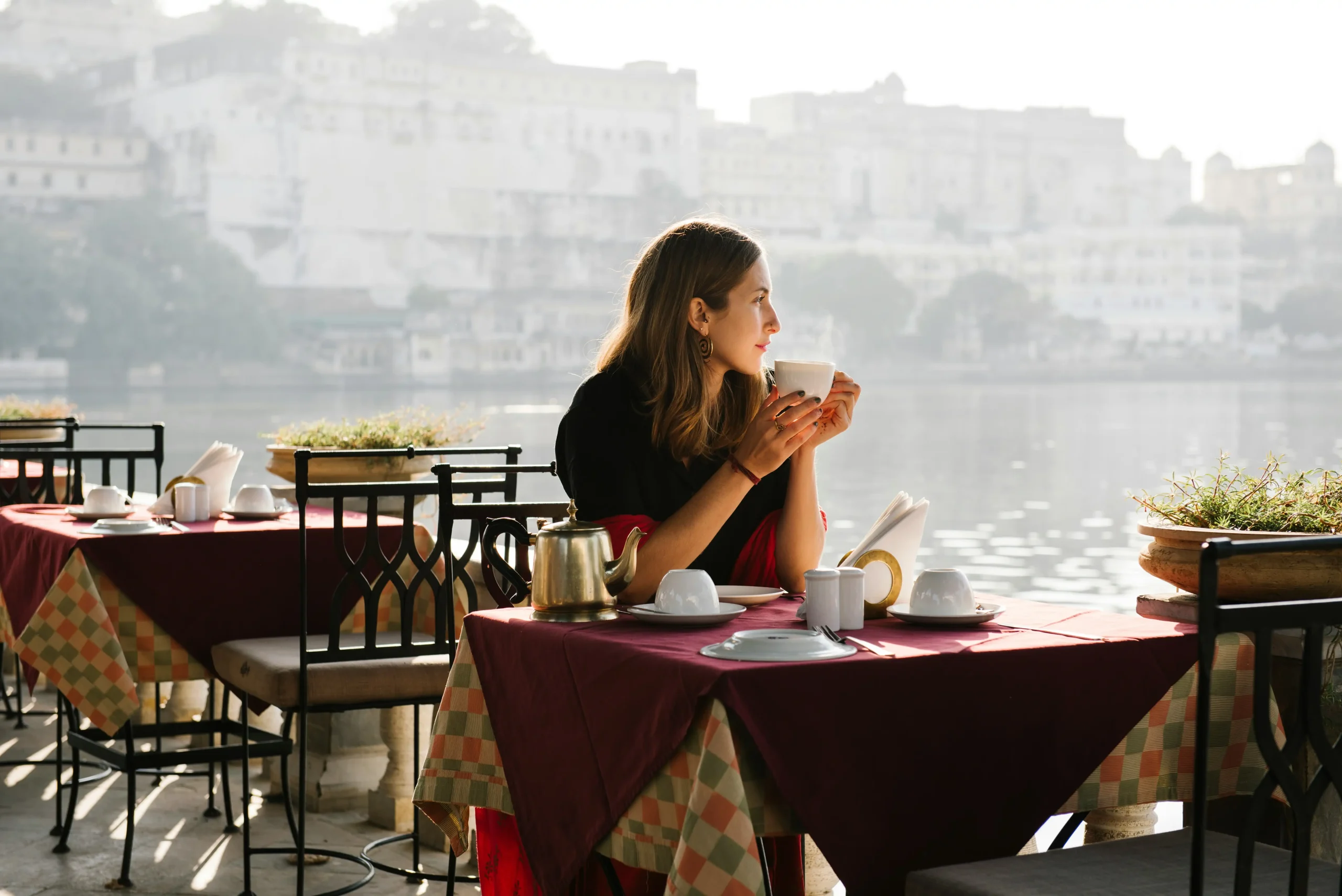There are many reasons to visit Paris: for some it will be hours of sightseeing at the Louvre, for others it will be shopping or long walks along the Seine. However, a visit to this city is never complete without a visit to one of the local atmospheric cafes. The venues shown below are the true crème de la crème of Parisian cafes – for decades these establishments were associated with a certain egalitarianism, were open for a long time, and fostered the establishment of relationships and the exchange of ideas. In many cases, they became institutions that left their deep imprint on the culture. It is not without reason that it was in Paris that the saying “for every revolution you need a café” was coined, learn about the iconic cafes in Paris.
Table of Contents:
Parisian cafes: Café Procope – the oldest café in Paris
It may be hard to believe that once upon a time there were no cafés in Paris – you have to go all the way back to the 17th century to get back to that period. When Francesco Procopio dei Coltelli, a chef from Sicily, founded the establishment named after him today in 1686, the place was considered somewhat exotic – coffee was an oriental drink associated with the Middle East.
The oldest café in Paris has hosted many prominent personalities – even Napoleon visited here, and Benjamin Franklin was said to have written an important treatise here and exchanged revolutionary ideas in letters with Thomas Jefferson. Being at Café Procope, one can feel a bit like being in a museum, influenced not only by the long history of the place, but also by the decor, which has been preserved in the spirit of the era. Among the many antiques that can be seen in the café is the desk at which Voltaire worked.
It’s worth going to Café Procope for a larger meal – you can order, for example, chicken in red wine(coq au vin), onion soup, or a lunch menu that changes every day.
Parisian cafés: Café de Flore – in the home of Sartre and Simone de Beauvoir

The floral signboard is one of the most recognizable and most photographed places in Paris, and the art deco style decor hasn’t changed much since World War II. Characteristically for many French establishments, it has some of the tables displayed outside. It’s basically a café-restaurant where you can drop in to have a good cup of coffee and eat something delicious: in the morning p fresh crossains and other typically French pastries, and later on traditional onion soup or duck confit .
Café de Flore is worth a look, however, even if the menu here is not enough of an incentive by itself – it is a cultural institution place that gained its fame in the 1930s. In the 1970s, when artists met here and new trends in art were born – Surrealism and Dadaism. In the 1940s. Café de Flore was a meeting place for the intellectual elite of Paris. One could go on for a long time listing the names of the famous clientele: among those who regularly visited here were Georges Bataille, Raymond Queneau, Pablo Picasso, André Breton, Louis Aragon and even PRC Prime Minister Zhou Enlai. The regulars were writers and philosophers from the existential movement, most notably the famous couple Jean-Paul Sartre and Simone de Beauvoir.
Jean-Paul Sartre wrote the following about Café de Flore:
“We completely settled here. From nine in the morning until noon we worked here, then went out for lunch, came back and talked with friends here until eight in the evening. After dinner, we would arrange meetings here. It may look strange, but we are at home in Café de Flore.”

As legends go, however, it wasn’t the delicious French food that made Simone de Beauvoir love the place – but the heater in the middle of the room, which provided warmth at all hours. No matter how mundane the reasons for Café de Flore’s popularity, the place has left a huge cultural impact. Since 1994, the cafe has been awarding its own literary prize for the best up-and-coming author, a response to the Goncourt Prize, which is “too academic” in the opinion of its creators.
Paris cafes: Les Deux Magots – at the heart of the revolutionary ferment

A famous café in Paris has an equally famous rival. Across the street is Les Deux Magots, a charming brasserie where you can sip coffee and sample traditional French cuisine. Its name comes from the two Chinese figurines that adorned the interior of the Oriental goods store that has been in the premises since 1835. When the café opened in 1885, the decorations were left in place and can still be seen today.

Simone de Beauvoir and Jean-Paul Sartre have also been here. And along with them, many other prominent writers and thinkers – including Ernest Hemingway and James Baldwin, at a time when they were just working their way to fame. Once upon a time, Les Deux Magots was the center of leftist thought and revolutionary ferment, while the neighboring Café de Flore was associated more with right-wing circles. However, a great deal has changed over the years, so no matter what your views are, it is definitely worth visiting both of these establishments while in Paris.
While in Les Deux Magots, try dishes such as croque monsieur, quiche lorraine or truffle omelet and, above all, the best hot chocolate à l’ancienne, drop in for breakfast or a late-night glass of wine. Of course, the rich gastronomic offer in Paris means that it is possible to find places with slightly lower prices and tastier food – but at Les Deux Magots the atmosphere is unique and truly magical.
Paris cafes: La Rotonde – life is uncertain, have dessert first

Opened in 1911 in Montparnasse, La Rotonde is an extravagant place to stop by if you would like to be transported back to the Jazz Age. Eye-catching in its intense red color, the café became very popular in the 1920s. when Peggy Guggenheim – the famous American art collector and founder of the museum – moved here with her friends from Le Dome, where women were forbidden to smoke on the veranda. La Rotonde owes its legend, however, primarily to the fact that the owner, Victor Libio, for years allowed indigent artists to sit in the establishment for hours over a single cup of coffee, and if they had no money, he accepted drawings on napkins as payment. This made Pablo Picasso, Amadeo Modigliani or Diego Riviera regular visitors to the cafe.

According to the motto of the place: “life is uncertain, have dessert first” at La Rotonde you can order something sweet right away without embarrassment: for example, creme brûlée, chocolate cake, or delicious lime and basil-flavored macarons. The restaurant is also famous for its delicious oysters.
Parisian cafes: the Café des deux moulins – a charming café from “Amélie.”
In the heart of Montmartre, a historic district perched on a hill of the same name, sits the Café des deux moulins, a cafe made popular by the movie “Amelie.” Jean Pierre Jeunet shot many scenes here – the title character played by Audrey Tautou worked at the Café des deux moulins as a waitress, charming and captivating the audience with her charm and friendliness. Something of this magic also works on visitors who look in here to simply drink coffee or have lunch.
The name of the establishment refers to two mills – the famous Moulin Rouge cabaret and the neighboring Moulin de la Galette, which dates back to the 17th century, when flour was actually produced there. There’s still a bit of a small-town atmosphere in this part of Montmartre, and Café des deux moulins is a bit of an expression of that: it’s a bistro in an authentic old Parisian – some people complain that the decor is a bit “dingy,” but for fans of the film, Café des deux moulins is an iconic place. The menu includes many typical French delicacies, but also burgers introduced with tourists in mind. It’s worth a trip here to see movie memorabilia and order the lunch menu, which is tasty and reasonably priced.
Parisian cafes: Café Laduree – in the world of Marie Antoinette, tea and the most beautiful macarons
Café Laduree was founded in 1862 and originally operated as a bakery. At the beginning of the 20th century it was completely destroyed in a fire, after which it was rebuilt, changing its business profile – since then it has focused primarily on confectionery and tea. The real success of Café Laduree, however, had to do with the huge interest in the new almond cake, which was introduced in the 1960s. In the 1920s –it was here that the two-layer, cream-lined macarons were invented, which are still made with great care today.
When visiting Café Laduree on the Champs-Elysées, one experiences every moment spent in the café as a perfect harmony between pleasing the eyes and stimulating the senses. The interiors are downright stunning, which is why you want to stay in this cafe for hours. Here you can feel like Marie Antoinette for a day among sumptuous chairs with gold details, tables with marble tops, thick satin curtains and pastels, sip the author’s tea compositions and sample the most beautiful macarons in dozens of different flavors.

Read also: Milan – a sigh about great fashion





